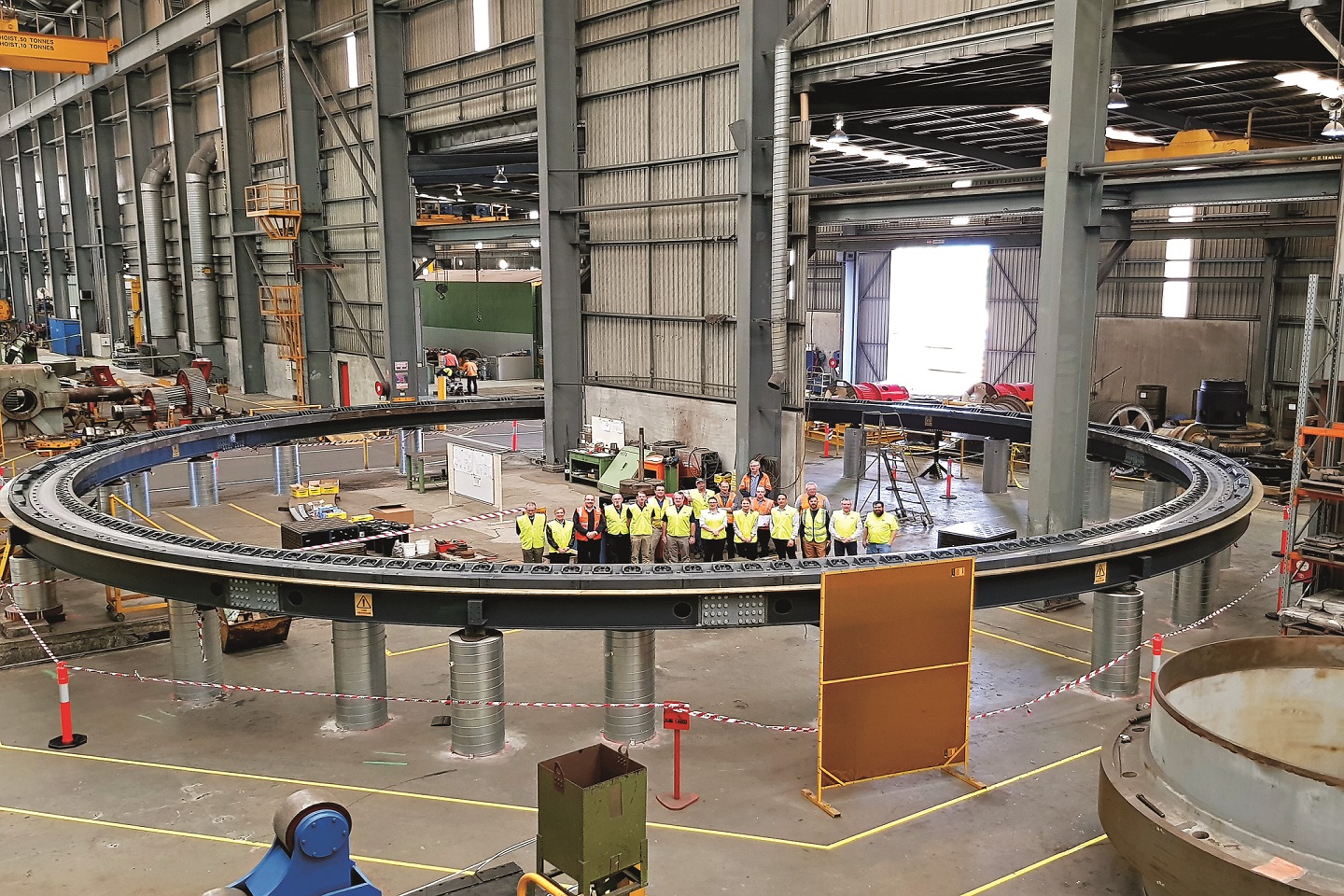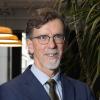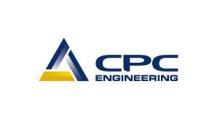Bassendean-based Hofmann Engineering has credited increased orders from the mining sector and a major contract in the defence sector as the major drivers behind a surge in revenue to a record $149 million in its 50th year in business.


Bassendean-based Hofmann Engineering has credited increased orders from the mining sector and a major contract in the defence sector as the major drivers behind a surge in revenue to a record $149 million in its 50th year in business.
Its revenue in the year to June 2019 was a big jump from $120 million in the prior year.
Over the same period, net profit at the family owned company increased to $10.1 million, according to annual returns lodged with the Australian Securities and Investments Commission.
Hofmann has one of the largest engineering workshops in Perth, and its specialist focus has enabled the business to build an international profile.
Managing director Erich Hofmann said export sales now accounted for 40 per cent of total revenue.

Mining continues to be the company’s largest market, but it also has substantial sales in defence, rail, hydro, wind energy, and other sectors.
Mr Hofmann said the company had benefited from increased mining sector orders.
“There has been a change in the mining industry,” he said.
“The mining companies have decided to buy Australian a lot more.”
Mr Hofmann suspects the big mining companies are keen to support independent equipment suppliers after a period of consolidation globally.
This has resulted in big players such as Komatsu, Liebherr, Hitachi and Caterpillar becoming increasingly dominant in the supply of dump trucks, excavators and other mobile equipment.
Similarly, global players Thyssenkrupp, FLSmidth and Metso – which in July announced a merger with Outotec – are increasingly dominant in the supply of fixed equipment such as crushers, high-pressure grinding rollers and mills.
Hofmann’s products offer mining companies a viable alternative to the big manufacturers, and one that is 100 per cent made in Australia.
“Our engineers and metallurgists take the components, re-engineer them and make them better or produce them cheaper,” Mr Hofmann said.
“Because we do a lot of work in defence and aerospace, we see some of the latest technology, in heat treatment and machining, and that enables us to improve the components.
“And we retain the IP.”
Mr Hofmann said the business had developed precision engineering skills applicable across multiple industries.
“We pioneered the manufacturing of the world’s largest forged steel gears,” he said.
“If you can make gears, you can make anything in the mining industry.”
The company’s expertise has extended to the space sector.
Early this year it completed the design and manufacture of key equipment for the $97 million Space Surveillance Telescope being jointly developed by Australia’s Department of Defence and the US Air Force at Exmouth.
Its $10 million contract included the 22-metre gantry ring, bogie drive assemblies and door mechanisms that enable the telescope’s 275-tonne dome enclosure to smoothly rotate.
At the request of the Department of Defence, Hofmann was heavily involved in the redesign and improvement of these critical components.
It recommended changes that meant the supplied equipment has exceeded tight vibration and noise specifications.
Another growth opportunity for Hofmann is the manufacture of railcar components.
Its Bendigo and Melbourne factories have started supplying bogies, wheels and castings for Victoria’s new fleet of rail cars, helped by a Victorian government policy specifying 60 per cent local contract.
Hofmann is closely evaluating a similar opportunity in Western Australia, after the McGowan government set a target of 50 per cent local content for Perth’s next fleet of rail cars, numbering about 250.
Mr Hofmann said he was already in discussions with Alstom, which was selected in August as preferred tenderer to assemble the new rail cars at workshops to be built near Midland.
The WA order is only one-third the size of that in Victoria but Mr Hofmann said his Bassendean factory already had the capability to produce the rail equipment.
The growth in Hofmann’s business led to an increase in total staff numbers to just above 550.
While Bassendean remains its largest operation, it has factories in Newcastle and Bendigo, and an aerospace facility in Melbourne.
International expansion is another leg to Hofmann’s strategy, with the company opening a factory in Peru last year, adding to another in Chile.
Mr Hofmann said the business, founded by his father John Hofmann and uncle Erich Hofmann in 1969, remained 100 per cent family owned and totally debt free.
“We own the land and buildings as well,” he said.
"We grow slowly and reinvest in the business.”















